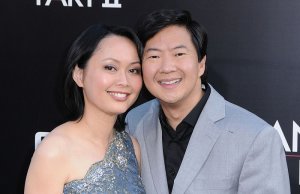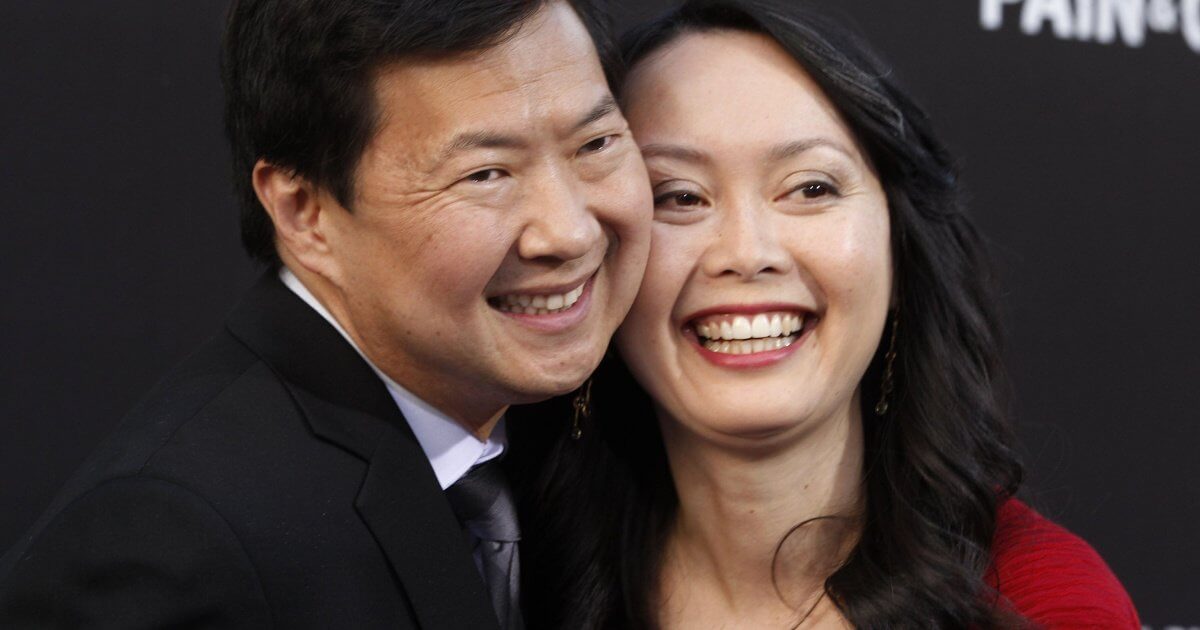As many in the SurvivorNet community have shared, having friends who go the extra mile is what helped them most while going through their or a loved one’s cancer journeys. For actor, standup comedian and Duke University alum Ken Jeong, whose wife, Tan Jeong, had breast cancer, one friend who pulled through was none other than star Bradley Cooper.
RELATED: Breast Cancer: Introduction to Prevention & Screening
Read More
Tran Jeong, a physician who practices family medicine, was diagnosed with breast cancer in 2008 after she found a hard lump in her breast while breast feeding their twin daughters, according to reports. At the time, Ken was also a trained physician specializing in internal medicine but he had recently quit his job to pursue acting and comedy, according to NPR.

RELATED: Risk Factors for Breast Cancer
At the 2010 MTV movie awards, Jeong announced that his wife had shown him that life is short and inspired him to take risks, and declared that she was cancer free.
Breast Cancer Screening
There is a wide consensus that women should have annual mammograms between the ages of 45 and 54. But there is some disagreement among doctors as to whether mammograms are beneficial for women between the ages of 40 and 45. This is an option you should, of course, discuss with your own doctor.
If you're older than 55, you can choose to continue your annual mammograms or opt to have one every two years, says Dr. Connie Lehman, Chief of the Breast Imaging Clinic at Massachusetts General Hospital and professor of Radiology at Harvard Medical School. If you're post-menopausal, Dr. Lehman says you may be able to reduce the frequency of your mammograms to every other year.
Dr. Connie Lehman, chief of Breast Imaging Division at Massachusetts General Hospital, on when to get a mammogram.
Again, this is your choice and should be carefully considered with your doctor. And if you fit into the high-risk category, meaning you have a first-degree relative who has had breast cancer, have the BRCA1 or BRCA2 gene mutation, or had radiation to the chest area when you were young, Dr. Lehman says you should start yearly mammogram screening as early as age 30.
Bottom line: our medical reviewers tell us mammograms are needed regardless of your family history because most women with breast cancer have no family history or other identifiable risk factors. Getting mammograms regularly at the recommended intervals can help spot early signs of anything that may be potentially harmful. This way, you and your doctor can address them right away.
Learn more about SurvivorNet's rigorous medical review process.


